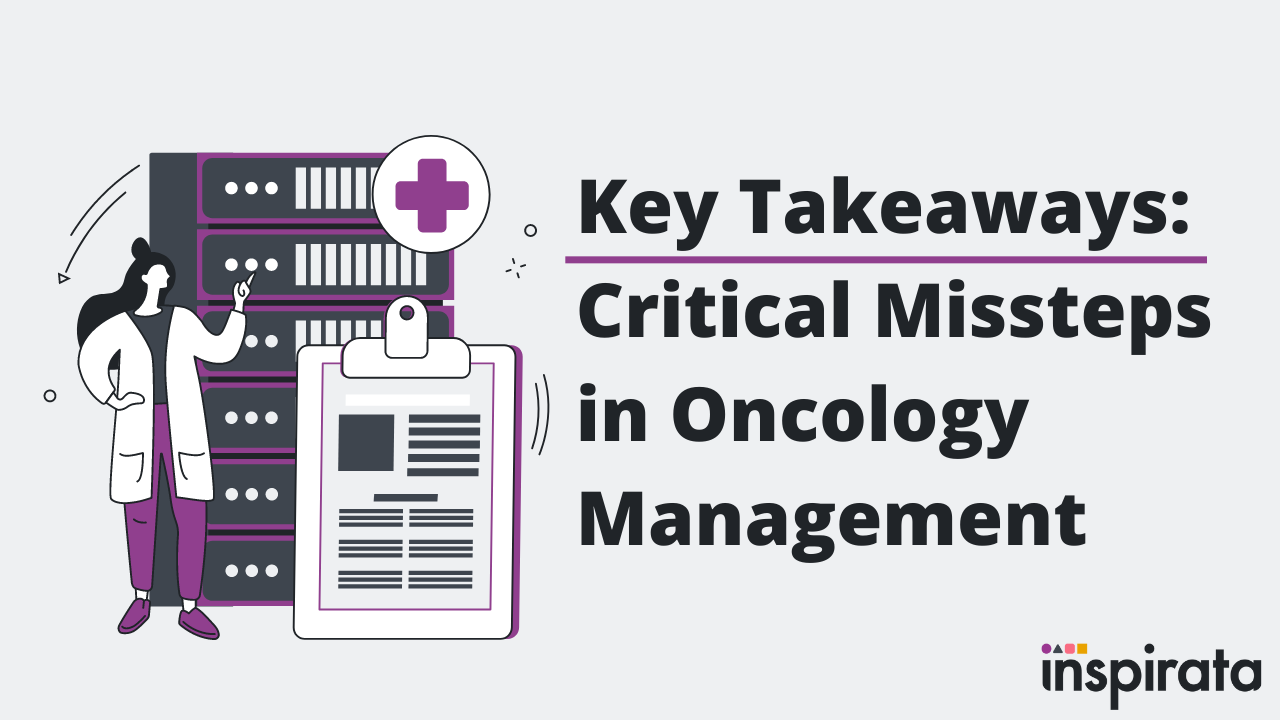In the landscape of modern healthcare, the seamless flow of accurate and comprehensive information is not just a convenience but a necessity. Reputation harm and restricted patient access can result from missing or incomplete information, leading to delayed care or hindering the initiation of crucial therapies. Such inefficiencies not only impact individual patient outcomes but also tarnish institutional reputations, hindering their ability to compete on equal footing with other healthcare providers.
In addressing these challenges, it becomes crucial to implement robust data systems and protocols for capturing information upfront, ensuring its availability for clinical use. The lack of such systems not only delays patient care but also prevents patients from accessing opportunities crucial for their well-being.
Challenges, or rather inefficiencies, exist at multiple levels within healthcare systems. Even with the best doctors and medications, the lack of resources can impede care delivery. Disease progression, survival rates, and mortality are all measured aspects, and combating data complexity is paramount to improving outcomes.
Fragmentation within healthcare organizations further complicates matters. Nurse navigation, particularly in oncology, is critical for guiding patients through their journey. However, financial navigation and addressing various challenges are equally important.
A solution lies in developing tools that provide patients with detailed medical information and schedules, simplifying the navigation process. This underscores the need to address the disparity among multiple data repositories, software systems, and databases. Federated queries can help streamline access to patient information, but maintenance post-implementation is crucial. Organizations capable of operating at scale can significantly aid in this endeavor.
Educating leadership, particularly the C-suite, is vital in emphasizing the importance of maintaining these systems post-implementation. Designing federated concepts based on patient-centric care and quality data is key to achieving accurate billing and improving care delivery.
Incorporating consultative expertise, especially from pathology, is instrumental in refining diagnoses and guiding patients to appropriate care institutions. Equitable access to clinical trials, especially in underserved communities, remains a significant challenge. One best practice involves tracking and monitoring care through clinical trials, utilizing data and metrics to inform care delivery teams and promote inclusion.
However, the digital divide remains a concern, as patients without access to smartphones or the internet are deprived of vital information. Bridging this gap, particularly in underserved regions, requires innovative solutions that extend beyond traditional means.
In conclusion, enhancing patient care through data integration and access is not just a matter of convenience but a fundamental aspect of modern healthcare delivery. By addressing challenges, implementing robust systems, and fostering inclusivity, we can strive towards a future where every patient receives the care they deserve, regardless of their circumstances.
To dive deeper, check out the on-demand replay of our recent webinar, where we explored common process inefficiencies in oncology management and heard from three industry innovators offering actionable insights about how data can solve these problems.

